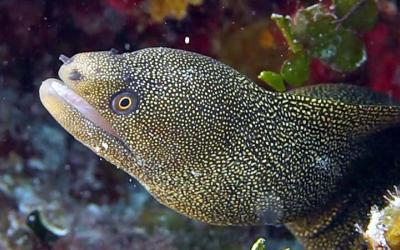
Eel farmers have always to face a hard task every year, during the first stage of this aquaculture activity: to get the glass eels (baby eels) that they have to grow. Catching of eel larvae and elvers is a difficult job that is made in many places of the world, where eels are reproduced in the wild; these are more and more restricted every day to avoid poaching and overfishing (one Kg of elvers could cost USD 2-3,000).
This scenario could now change in few years if Japan scientists from two reputed institutions (Fisheries Research Institute at Kindai University and National Fisheries Research and Education Organization) can transform the laboratory present results into a bigger scale hatchery process.
Eel farming is an expensive activity where the procurement of alevines is a costly first step, and another could be the diet, as eels feed is a high protein formula that is composed mainly by fishmeal of high quality and freshness (as eels are aggressive carnivorous). If costs are reduced by hatchery new good results, there could be more farmers and more fishmeal demand.
